► Maxillofacial Trauma
Surgery of the head and neck is demanding. The many vital functions in this part of the body, such as speech and swallowing have to be protected and the reconstructive needs are complex. Surgery is most often concerned with replacing and repairing tissue where a tumour has been removed or where injury was sustained.
The area is comparatively small but complex, containing a multitude of organs, functions and nerve networks. Maxillofacial trauma is a term for any injury, congenital defect, disease or deformity in any part of this area. Although treatment is often with surgery, there is an increasing number of non-surgical treatment options available.
Typical causes of major trauma are cancer, burns, skull and jaw fractures from active sports, violence or accidents.
Minor trauma can include non malignant growths, early stage cancer, problems referred by your dentist such as difficult wisdom teeth and jaw infections, minor lesions, the removal of minor lumps and bumps or chronic infections of the ears or sinus.
Plastic surgery techniques can now often be used with minor trauma to provide the best cosmetic result possible.
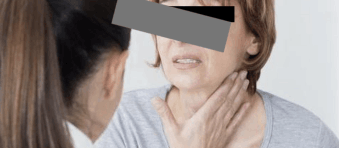
►Reducing Surgery, Moving to Day Surgery
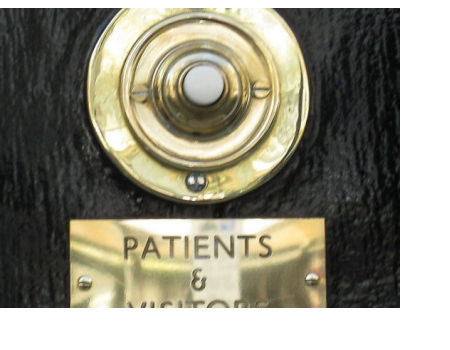 One of Nick Kalavrezos' research interests lies in refining minimally invasive and micro-surgical procedures and the use of robotic surgery to preserve and restore outward appearance while repairing or preserving function. Micro-surgical procedures aided by robots are particularly useful in endoscopic surgery for thyroid, salivary and pituitary glands.
One of Nick Kalavrezos' research interests lies in refining minimally invasive and micro-surgical procedures and the use of robotic surgery to preserve and restore outward appearance while repairing or preserving function. Micro-surgical procedures aided by robots are particularly useful in endoscopic surgery for thyroid, salivary and pituitary glands.
With the development of advanced medical devices and biomaterials, some conditions that previously required hospitalisation are now being treated with minimally invasive procedures in a day-surgery setting.
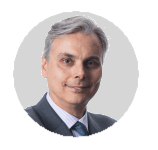 "We strive to achieve the best surgical outcomes with emphasis on our patients' quality of life through an integrated, multi-disciplinary, team-based approach to treatment, supportive care and research"
"We strive to achieve the best surgical outcomes with emphasis on our patients' quality of life through an integrated, multi-disciplinary, team-based approach to treatment, supportive care and research"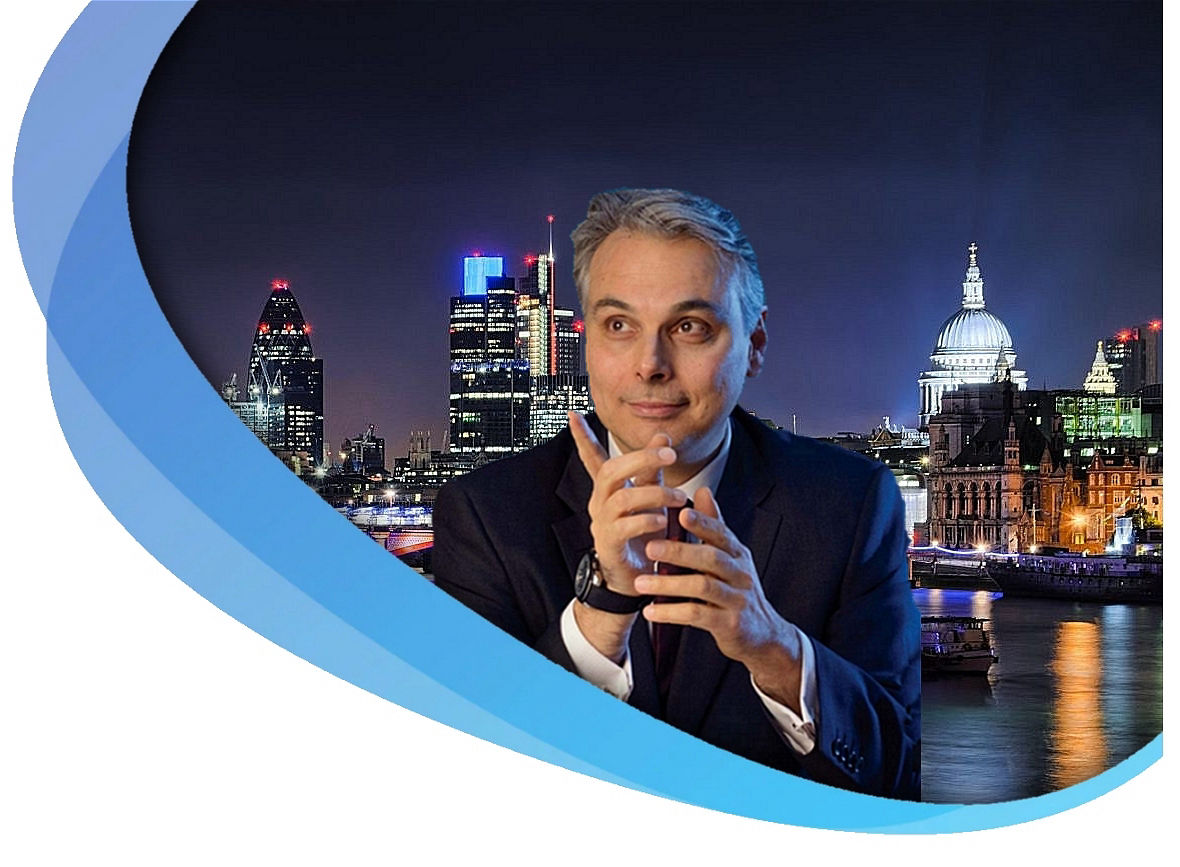
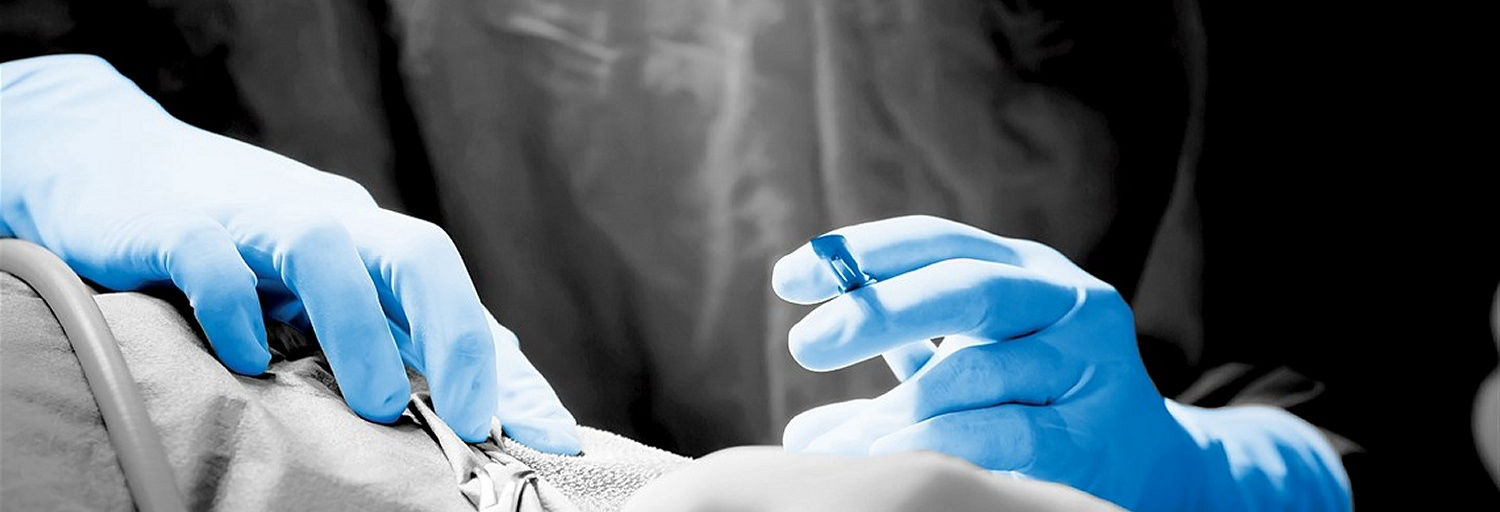
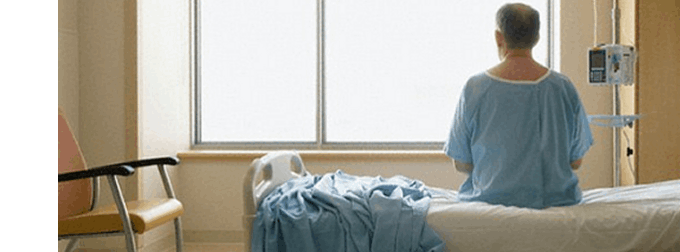


 We use a team-based care model. This approach augments quality and safety by ensuring that the necessary skills and resources are available at the different stages of your care plan.
We use a team-based care model. This approach augments quality and safety by ensuring that the necessary skills and resources are available at the different stages of your care plan.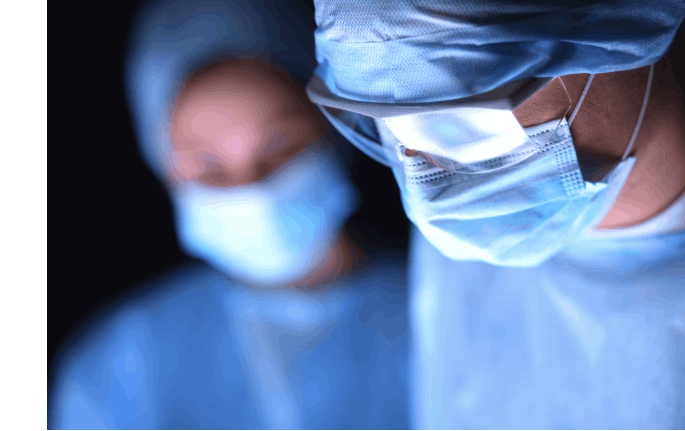 The frequency that your team has carried out your required treatment is a major positive factor in your own care plan. We are a high-volume consultancy with a world-wide patient base, specialising exclusively in disorders of the face, head and neck. Repeated studies show that specialised, high-volume consultancies such as ours obtain better results than those where the same procedures are carried out less often. This difference in patient outcome between practices is more marked when comparing the success rate for newer and more complex procedures.
The frequency that your team has carried out your required treatment is a major positive factor in your own care plan. We are a high-volume consultancy with a world-wide patient base, specialising exclusively in disorders of the face, head and neck. Repeated studies show that specialised, high-volume consultancies such as ours obtain better results than those where the same procedures are carried out less often. This difference in patient outcome between practices is more marked when comparing the success rate for newer and more complex procedures.  The planning for your care is done in close consultation with yourself. Good communication engenders confidence and trust, you should feel able to question your team. We have a moral and legal requirement to be pro-active in keeping you fully informed. In this time of conflicting claims and information overload, the requirement extends to providing our opinion and advice on alternative treatments which may be offered elsewhere.
The planning for your care is done in close consultation with yourself. Good communication engenders confidence and trust, you should feel able to question your team. We have a moral and legal requirement to be pro-active in keeping you fully informed. In this time of conflicting claims and information overload, the requirement extends to providing our opinion and advice on alternative treatments which may be offered elsewhere.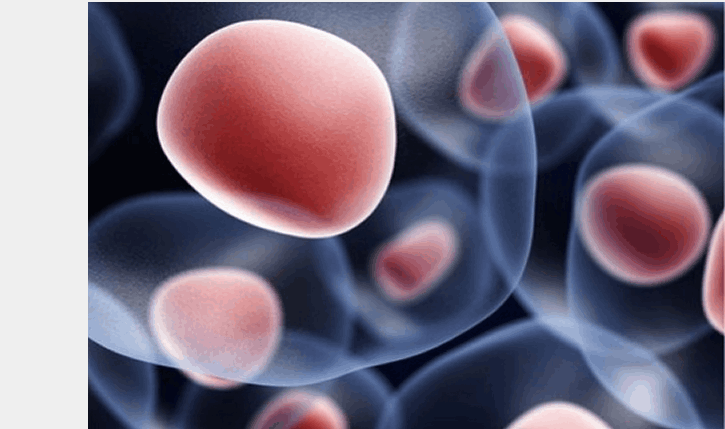 Most patients that we see do not have cancer. Yet early diagnosis of any lumps or bumps is still the most important factor in ensuring a favourable outcome.
Most patients that we see do not have cancer. Yet early diagnosis of any lumps or bumps is still the most important factor in ensuring a favourable outcome.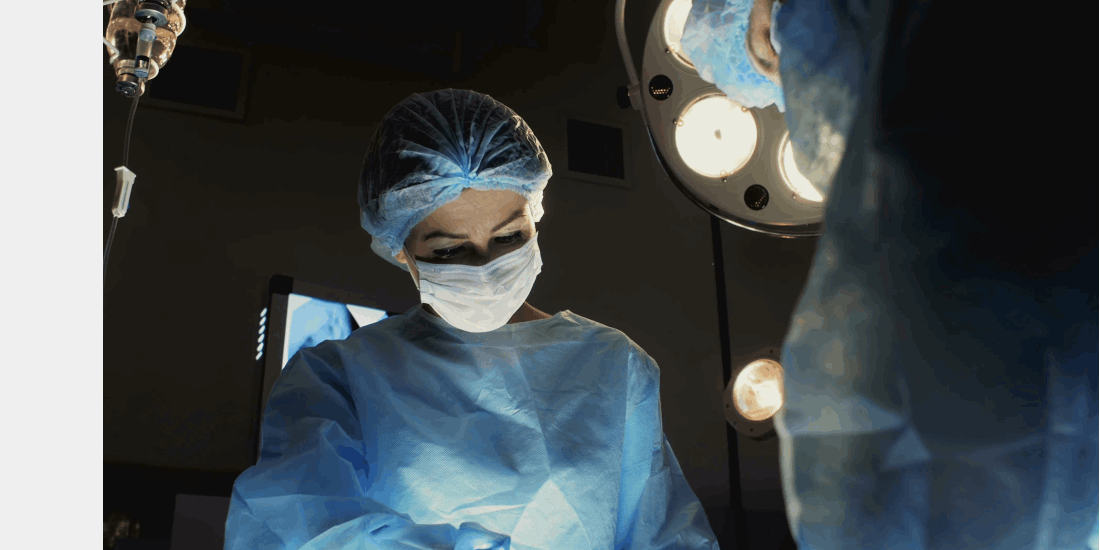 We participate in and monitor research in relation to the range of specialties within our own care team. The “bench to bedside” bridge focuses on new developments with the aim of shortening the time taken for latest improvements to reach the patient.
We participate in and monitor research in relation to the range of specialties within our own care team. The “bench to bedside” bridge focuses on new developments with the aim of shortening the time taken for latest improvements to reach the patient. 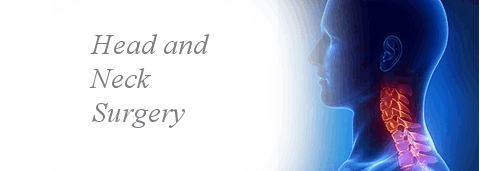 We are constantly refining our surgical techniques as the need for major surgery decreases. The declining need for major surgery drives the development and implementation of less invasive surgical techniques. This trend towards less invasive surgery (often with the help of robots) allows the increasing use of cosmetic plastic surgery.
We are constantly refining our surgical techniques as the need for major surgery decreases. The declining need for major surgery drives the development and implementation of less invasive surgical techniques. This trend towards less invasive surgery (often with the help of robots) allows the increasing use of cosmetic plastic surgery. 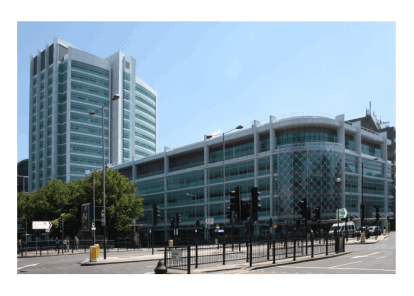 Our clinical practice and research are both closely tied to UCLH (right) where Nick is the Senior Surgeon in the Head and Neck Centre. Besides being a world-class research center, UCLH is also a major teaching hospital. It is also our NHS base. (British National Health Service)
Our clinical practice and research are both closely tied to UCLH (right) where Nick is the Senior Surgeon in the Head and Neck Centre. Besides being a world-class research center, UCLH is also a major teaching hospital. It is also our NHS base. (British National Health Service)
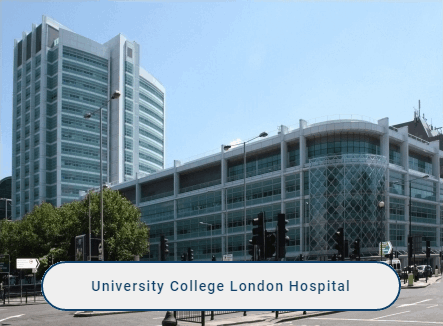

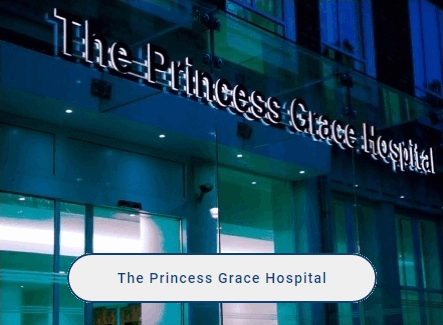
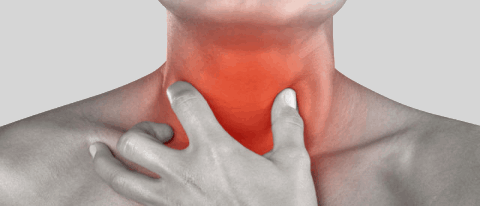
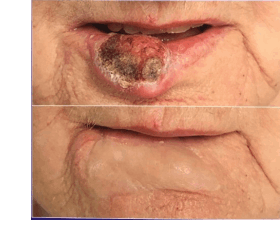
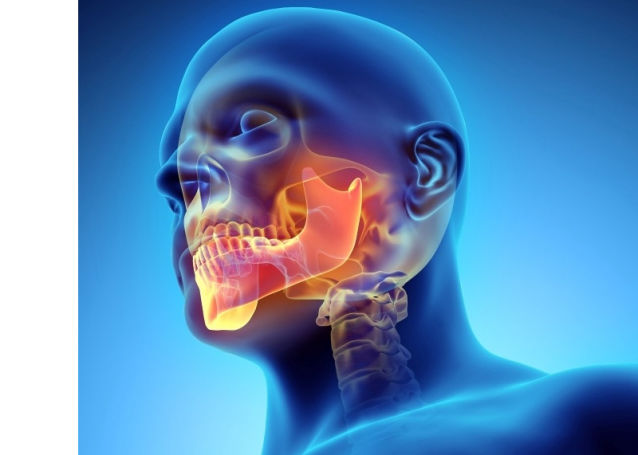
 This is available to all our patients during this time.
This is available to all our patients during this time. 
 Miss Amanda Orie
Miss Amanda Orie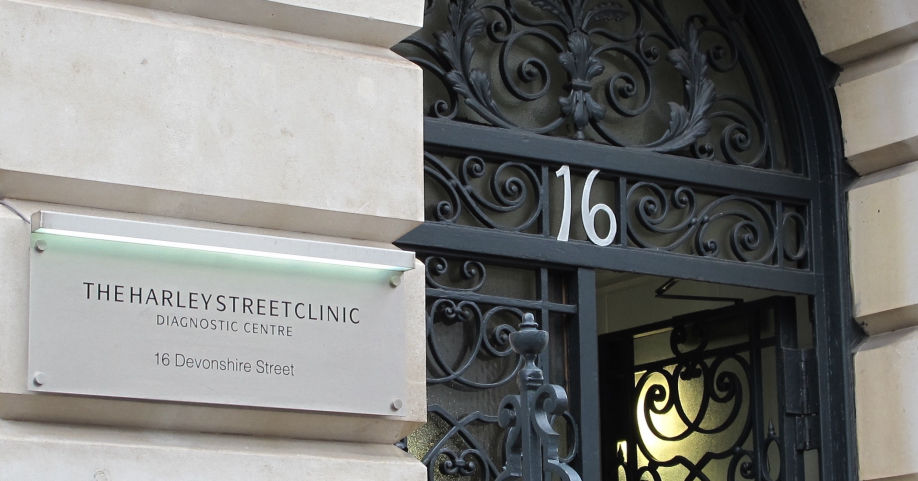
© Copyright 2021/26 N Kalavrezos
London Head & Neck Ltd